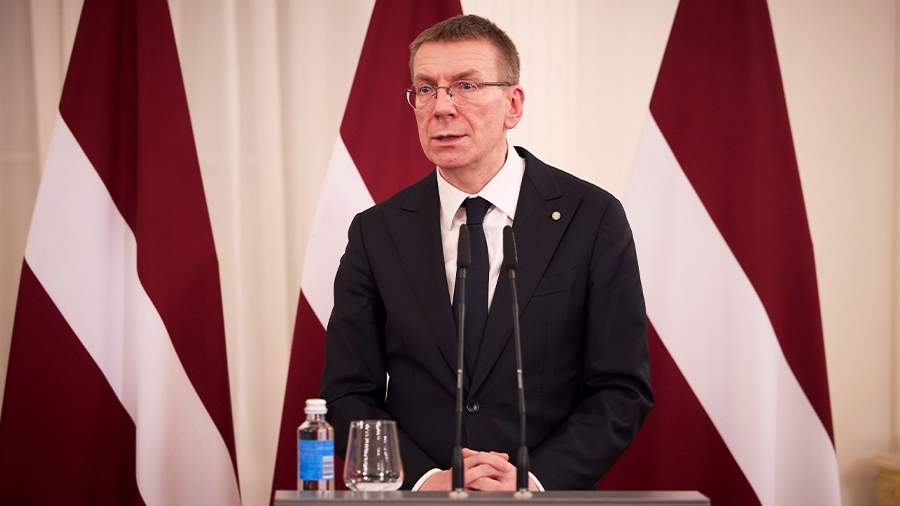The President of Latvia signed a law on the country's withdrawal from the Ottawa Convention
- Новости
- World
- The President of Latvia signed a law on the country's withdrawal from the Ottawa Convention

On April 24, Latvian President Edgars Rinkevics approved a law on withdrawal from the Ottawa Convention on the Prohibition of the Use, Production and Storage of Antipersonnel Mines.
"Given the dynamics of the regional security situation, it is important for Latvia not to limit the flexibility of its actions and to be able to use various weapons systems and solutions to strengthen deterrence and ensure the protection of the state and its population," the local TV channel quoted him as saying. Net.lv .
It is indicated that, according to Latvia, anti-personnel mines in combination with other weapons systems enhance the defense capability, which cannot be replaced by alternative options.
At the same time, the country intends to minimize the impact of military operations on the civilian population, as well as continue to comply with international humanitarian law. In particular, this concerns the protection of civilians during conflict actions on the territory of Latvia.
Earlier, on April 16, Andrei Starikov, an economist, political scientist, and editor-in-chief of Baltnews news agency, told Izvestia that Latvia's withdrawal from the convention on the prohibition of antipersonnel mines is a decision that speaks to the country's preparation for war. According to the political scientist, these countries have embarked on a war with Russia. However, withdrawing from the Ottawa Convention is a new step in this policy.
On the same day, the Latvian Parliament approved the decision to withdraw the country from the Convention on the Prohibition of Anti-personnel Mines. Representatives of other countries have expressed a similar desire in recent months: the Baltic States, as well as Finland and Poland.
Переведено сервисом «Яндекс Переводчик»

